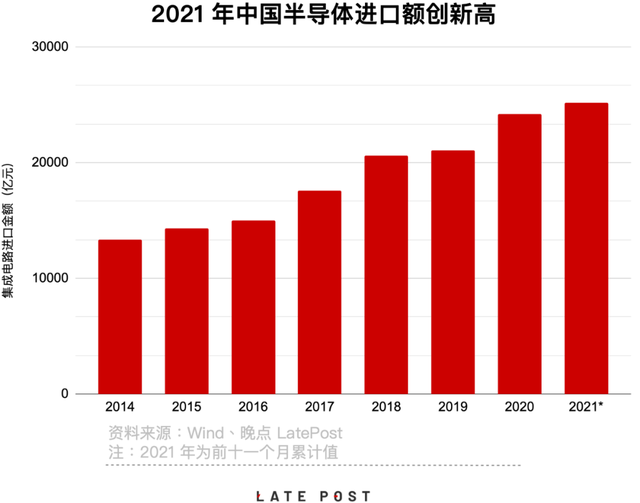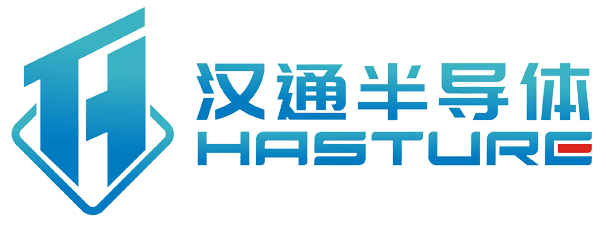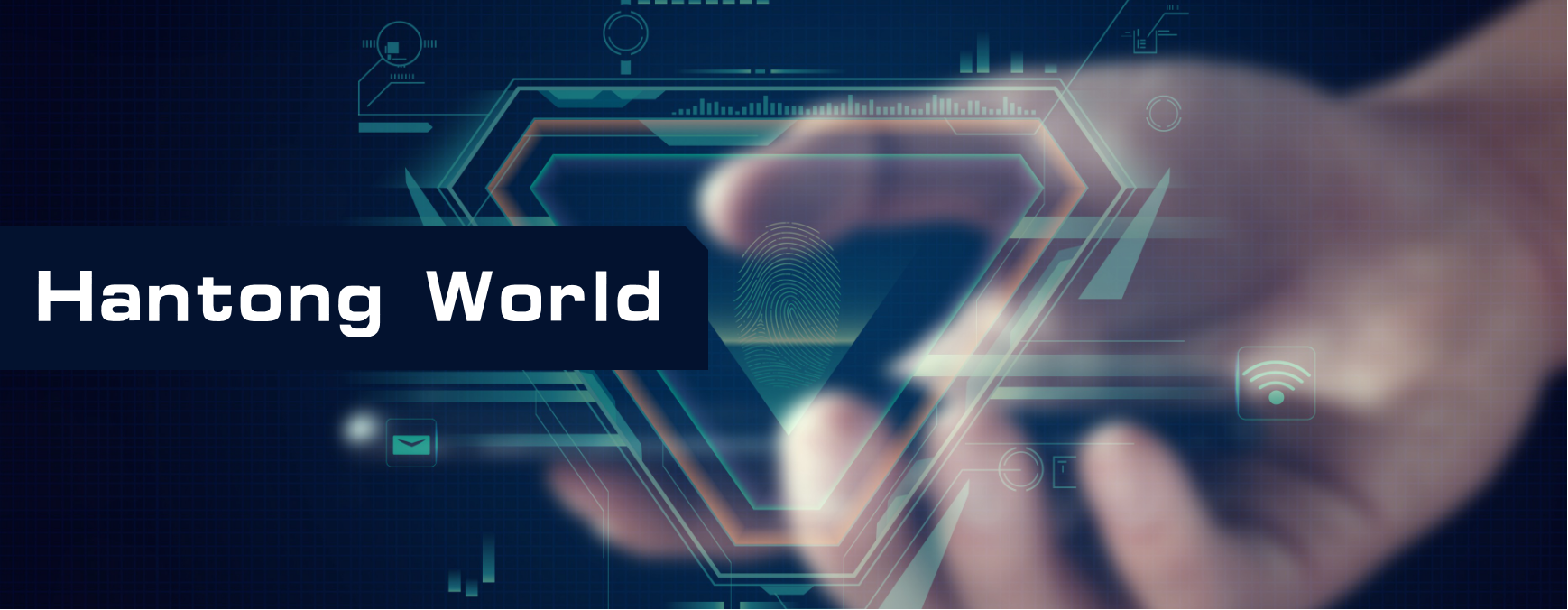Chinese chip imports and the amount of money already exceeded last year 2021-12-09 20:35News source:新浪网
China has subsidized local companies to develop and manufacture chips for about $50 billion over two decades to cope with surging demand and complex geopolitical competition.
However, the progress of such high-tech industry can not be achieved overnight, which makes the scale of China's chip imports continue to increase rapidly, which is about 1.75 times that of crude oil by value, and continues to become the largest category of China's import.
The momentum has accelerated this year. According to the monthly import and export data released by the General Administration of Customs on December 7, China's import value of integrated circuits in the first 11 months reached 2.51 trillion yuan and the volume of imports reached 582.2 billion yuan. The amount and quantity are more than last year.
During the same period, China exported about 892.8 billion yuan of integrated circuits (january-November), with a deficit of 1.62 trillion yuan. Also more than all of last year

High prosperity is due to the characteristics of the industry. Second, while encouraging independent research and development, China also encourages imports, aiming to reduce costs of relevant enterprises and promote the development of integrated circuits in the industry.
Semiconductor industry is usually divided into chip design, wafer foundry, packaging and testing three categories, technology and capital intensive, and the more advanced the technology, the higher the capital investment requirements. China takes the lead in packaging and testing technology. Huawei Haisi demonstrated its design capability before being sanctioned by the United States.
The highest value-added wafer foundry is China's biggest weakness.
In 2019, the US accounted for 28% and China for 10% of global semiconductor capex; Between 2017 and 2020, China's semiconductor capital expenditure was about $44.7 billion, half that of Samsung. TSMC, the world's largest founder-maker, expects capital spending of $30 billion this year and $100 billion over the next three years.
In order to improve the rate of domestication, China's Ministry of Finance, General Administration of Customs and State Administration of Taxation issued a notice on supporting the development of integrated circuit industry and software industry import tax policy in March this year, reducing the import tariff of raw materials for some semiconductor enterprises whose manufacturing process is smaller than 65 nanometers.

 RU
RU

